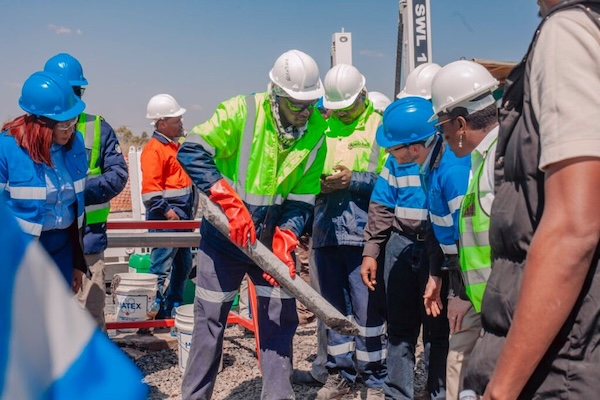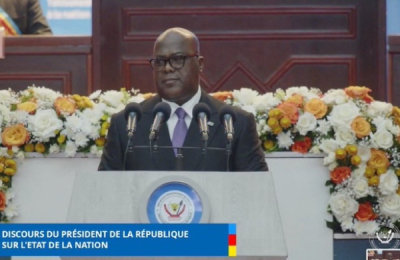KoBold Metals, a U.S. company backed by Bill Gates and Jeff Bezos, has been granted seven new mining exploration permits in the Democratic Republic of Congo (DRC), international news reports said on August 27, 2025. According to data from the Mining Cadastre (CAMI), four of the permits are located in the Manono territory of Tanganyika province, with three others in Malemba Nkulu in Haut-Lomami province.
The move follows a preliminary agreement signed in July that allows KoBold to launch a large-scale exploration program across a 1,600 km² area. In accordance with the Congolese mining code, the exploration permits are valid for five years and grant KoBold the exclusive right to carry out work on the designated minerals, with work required to begin within one year.
The permits cover a dozen minerals, including lithium, coltan, and rare earths. However, an unnamed company official told Reuters that exploration efforts will focus on lithium. A portion of the Manono site is considered to hold one of the world's largest lithium deposits, though it remains at the center of a legal dispute.
The Australian company AVZ Minerals claims the Congolese government illegally terminated its rights to a permit covering a section of the site, which it initially held in partnership with the state-owned company Cominière. AVZ has initiated international arbitration at the International Centre for Settlement of Investment Disputes (ICSID). The process was frozen for a time in anticipation of an amicable settlement but resumed in June.
Under the preliminary agreement signed in July, KoBold is responsible for resolving the dispute. In that effort, KoBold and AVZ announced a framework agreement on May 6 for AVZ to sell its business interests in the Manono deposit at a "fair value." AVZ confirmed on July 21 that discussions remain ongoing.
Meanwhile, another part of the deposit is already under the control of China's Zijin Mining Group, which holds an exploitation permit for the northeast zone. According to its 2024 annual report, preliminary surveys identified 2.62 million tons of lithium oxide at an average grade of 1.5%, which is equivalent to approximately 6.47 million tons of lithium carbonate. Zijin plans to begin production in the first quarter of 2026.
The granting of permits to KoBold is part of a strategic alignment between Kinshasa and Washington. The Congolese and U.S. governments have engaged in discussions to link mining concessions with security support, as Washington seeks to reduce its industries' dependence on China's dominance of strategic mineral supply chains. Lithium, which is essential for manufacturing electric vehicle batteries, is central to these efforts.
Timothée Manoke (Intern)










